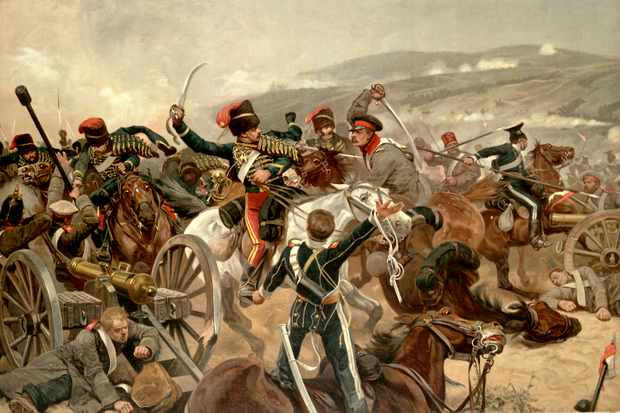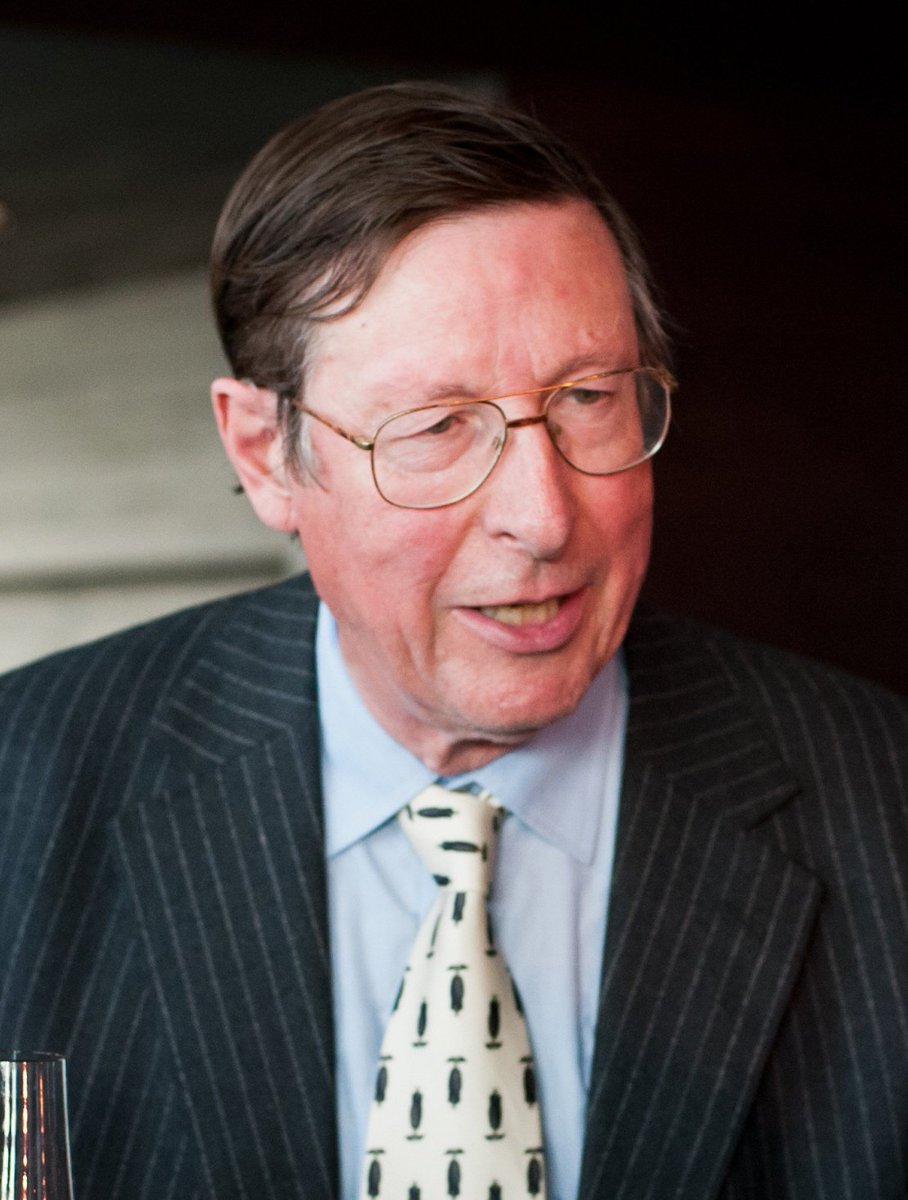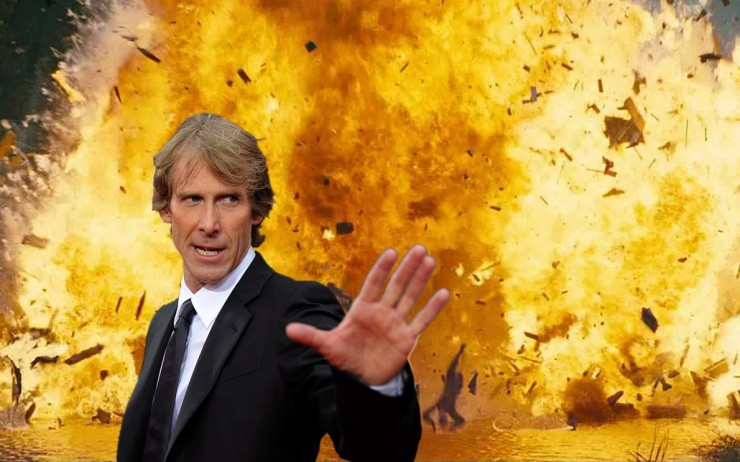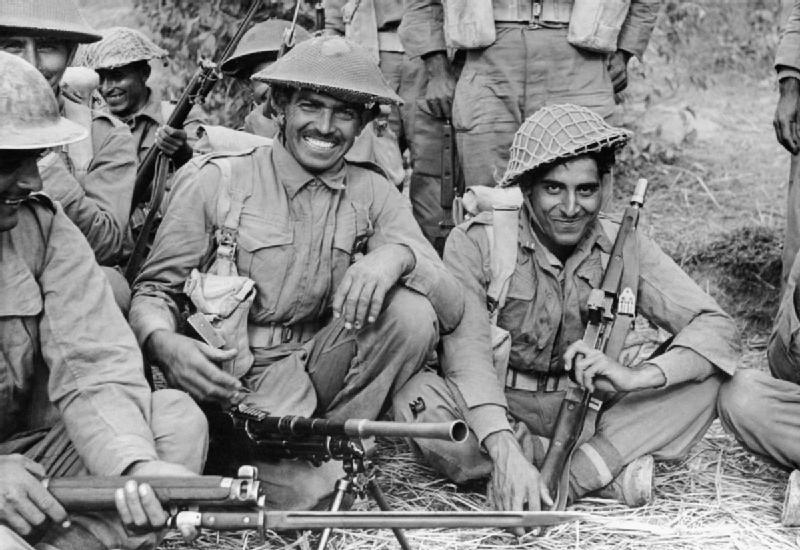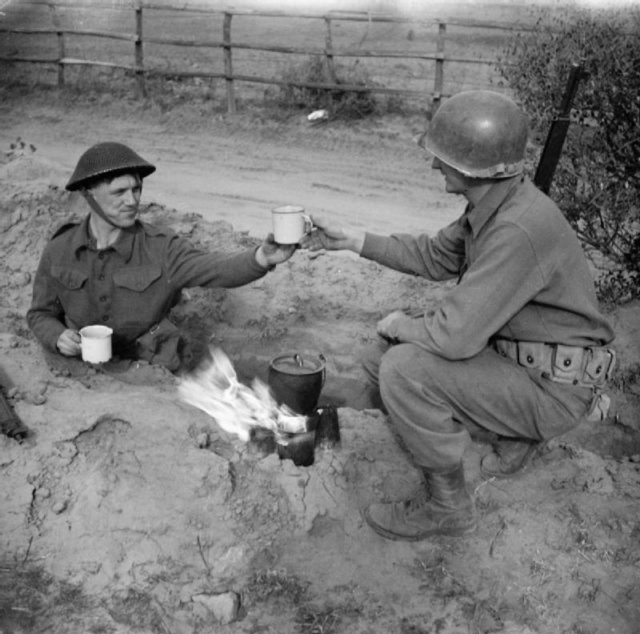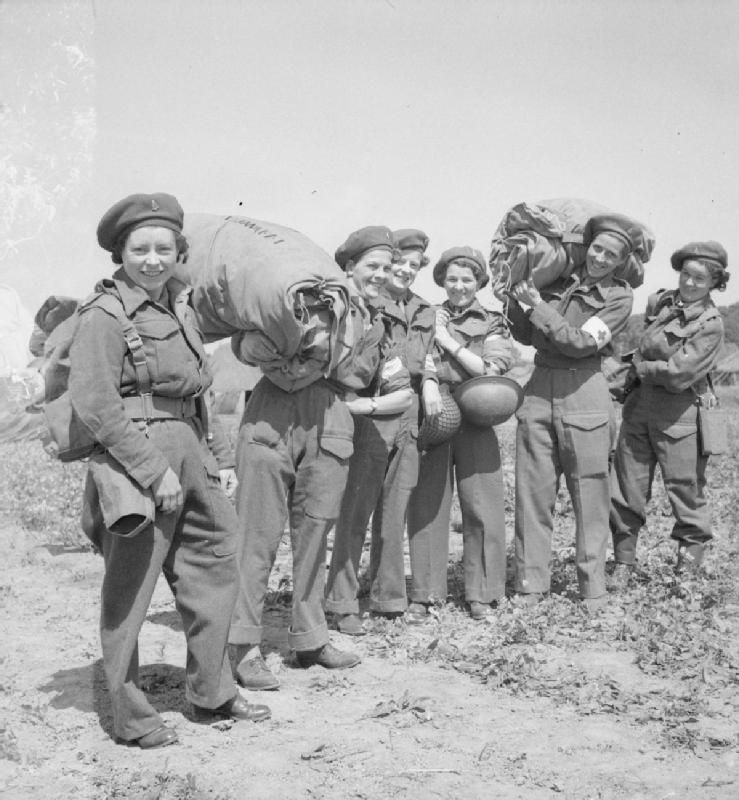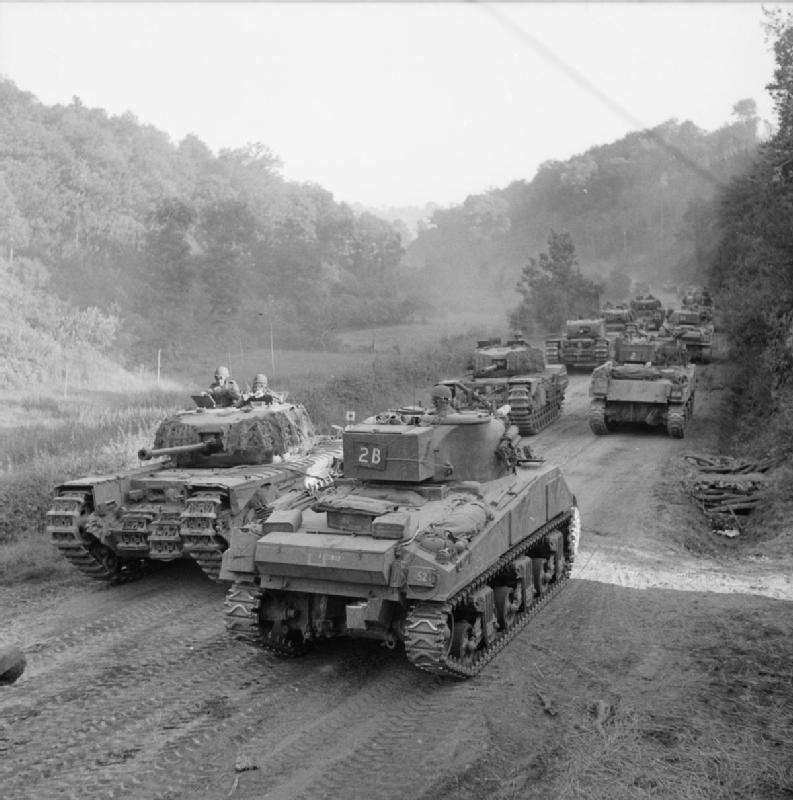Regular readers know I have no love lost for Hastings. Much of his work is pretty lazy cash cow history aimed at the Boomer market.
But does he have a point?
Is there some 'war on military history'?/1
#History https://www.bloomberg.com/opinion/articles/2021-01-31/max-hastings-u-s-universities-declare-war-on-military-history
But does he have a point?
Is there some 'war on military history'?/1
#History https://www.bloomberg.com/opinion/articles/2021-01-31/max-hastings-u-s-universities-declare-war-on-military-history
To my mind military history is a subsect of social history, we've seen a real shift in recent decades to more of a feminist approach in exploring the subject and increased exploration of muted and diverse narratives.
All this is actually good! /2
All this is actually good! /2
A lot of the hard military history is often enough based on feedback looped myths which many of Hastings' broad cohort have encouraged or flat out created during research.
It's where a lot of the Panther/Sherman mythology really takes root. /3
It's where a lot of the Panther/Sherman mythology really takes root. /3
So hard military history and underpinning assumptions have been heavily challenged in recent decades, again much of which was anchored by this wider cohort of historians. /4
People often decry too much WW2 is taught in schools, in truth... there it's a pretty small amount and much of this is some confused mishmash of memory or endless uncontextualised Great War poetry in English classes.
This is really irrelevant but a popular view. /5
This is really irrelevant but a popular view. /5
It is also important to mention that Hasting's tends to push a "warnographic" narrative.
Universities don't. So his comment here is particularly confused and frankly irrelevant.
But spicy indictment on the market which he helped shape. /6
Universities don't. So his comment here is particularly confused and frankly irrelevant.
But spicy indictment on the market which he helped shape. /6
The comment of a science major being offered pet history is another odd anecdote, but again this entire piece is really framed around such observances - bar some useful figures on decline of history and humanities - which should trouble policy makers. /7
War crops up in many humanities courses.
My sister seriously lucked out with a series of modules on war crimes, the Holocaust, Eastern front liquidations and such whilst studying English Lit. This was not her intended field of study but found herself thrown in the deep end. /8
My sister seriously lucked out with a series of modules on war crimes, the Holocaust, Eastern front liquidations and such whilst studying English Lit. This was not her intended field of study but found herself thrown in the deep end. /8
There's other red flags in the piece, which really amount to little more then genbaiting and comments on race.
I'm not gonna lie, hard military history can be a very hard sell and there are surprisingly few specialists in this area who could anchor multiple courses. /9
I'm not gonna lie, hard military history can be a very hard sell and there are surprisingly few specialists in this area who could anchor multiple courses. /9
In many ways it feels very much like the tantrum of one who has shaped the field but does not like it's direction, irrelevance, or perhaps how he is perceived.
The small group of relevant academics mentions is also a red flag, with the piece reeking of confirmation bias. /10
The small group of relevant academics mentions is also a red flag, with the piece reeking of confirmation bias. /10
Ultimately many elements of military history continue to thrive and expand across ever more diverse demographics & it remains one of the most exciting and accessible areas for researchers of any background to dive into and discover a keen and welcoming international community./11
I studied War and Society at Uni, proving a huge bonus as I came to form my views on British soldiers, the communities they came from, how they fought, how they were equipped, what motivated them and what they cared about. /12
A lot of trad milhist may overlook some of these angles but the expanded social history approach and incorporation of diverse, muted and feminist angles will continue to bear fruit.
At the end of the day, it's a very broad church. /13
At the end of the day, it's a very broad church. /13

 Read on Twitter
Read on Twitter